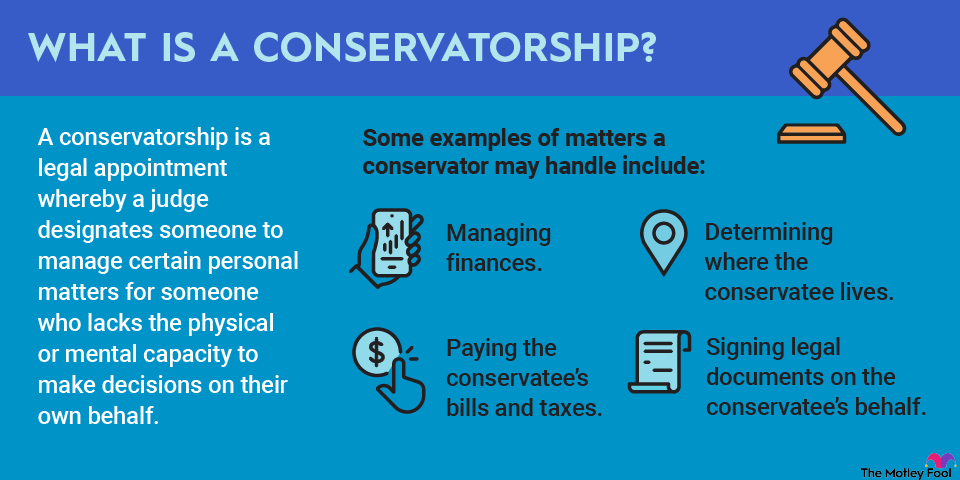What does college tuition insurance cover?
Although you never want to have to use things like college tuition insurance, it's important to understand what it does and doesn't cover long before you need it. Policies will differ by insurer and state, but in general, you can expect a college tuition insurance policy to cover things like:
- Illness
- Serious injury
- Mental health conditions
- The student's or tuition payer's death
However, it's important to note that while pre-existing conditions are often covered, they may not be covered if the student is undergoing treatment for them. The student generally needs to be free of symptoms for up to 180 days before the first day of school -- but check with your insurer for their particular pre-existing condition policies.
What does college tuition insurance not cover?
College tuition insurance doesn't cover everything and shouldn't be considered insurance against simply choosing to drop out of school. If the policy doesn't cover a reason your student might drop out, it's almost certainly excluded.
A few common causes of students dropping out of school that are excluded include:
- Participation in professional sports (if your kid makes it to the Big League and leaves school)
- Substance abuse
- Simply being bored and wanting to get on with their lives
Generally, some situations can create unexpected reasons for dropping out, but again, coverage will vary by policy. You'll definitely want to learn more about that from potential insurers.



















